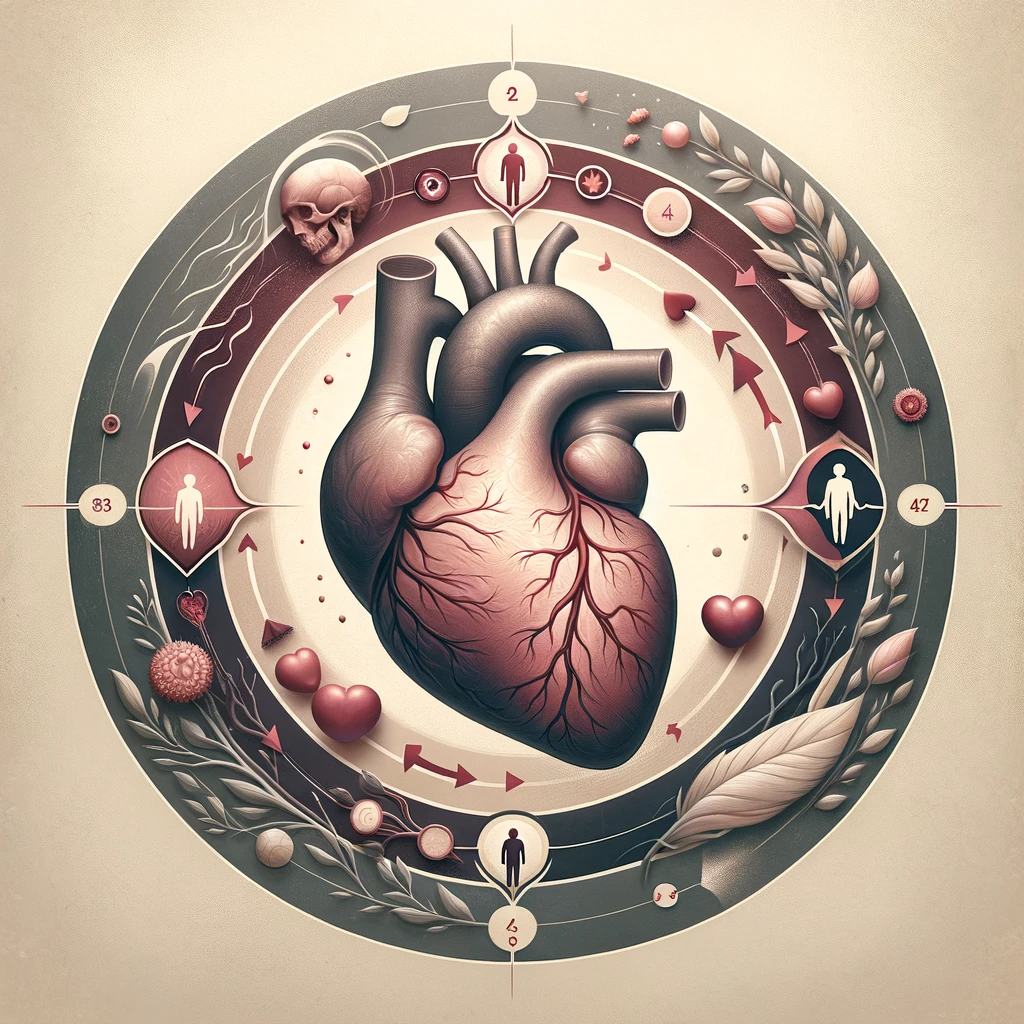Introduction: The Promising Impact of Ibogaine
Depression and Post-Traumatic Stress Disorder (PTSD) are common companions of traumatic brain injuries, especially in veterans who have witnessed the horrors of war. Today, we delve into an exciting new development where a plant-based psychoactive drug, Ibogaine, has shown significant potential in drastically reducing depression and PTSD symptoms in veterans with traumatic brain injuries.
The Study: Ibogaine Therapy and Its Effects
A recent research study led by researchers from MAPS Public Benefit Corporation (MAPS PBC) examined the potential of Ibogaine as a therapeutic treatment for veterans suffering from depression and PTSD. The distressed veterans were presented with one single dose of Ibogaine, which led to significant improvements in not just their PTSD and depression symptoms, but also their overall cognitive function.
The study stated that participants reported marked improvements in multiple areas of wellbeing. Remarkably, the benefits of Ibogaine treatment seemed to be long-lasting, with effects still noticeable after several months. This points to a unique therapeutic property of Ibogaine that warrants further, more detailed studies.
The Science: How Does Ibogaine Work?
Ibogaine is a naturally occurring psychoactive compound found in several plant species, most notably, the Tabernanthe iboga plant, native to West Africa. It interacts with various neurotransmitter systems in the brain which appear to rebalance, reset, or normalize the altered brain circuits associated with PTSD and depression.
Specifically, Ibogaine stimulates the growth of new brain cells and facilitates the release of a protein called Brain-Derived Neurotrophic Factor (BDNF). This protein aids the survival of existing neurons, promotes the growth and differentiation of new neurons and synapses, and is crucial for long-term memory. BDNF also plays a significant role in neuroplasticity, which allows the brain to adapt and change over time. As such, these neuroplastic effects of Ibogaine could explain its potential benefits in treating PTSD and depression.
However, it’s important to underscore that Ibogaine is not a magic cure-all. Its use must be combined with an integrated therapeutic approach that includes psychotherapy and lifestyle changes. Furthermore, Ibogaine treatment must be administered by a medical professional due to its powerful psychoactive effects and potential health risks.
Conclusion: The Future Implications of Ibogaine Research
This exciting initial research points to the potential of Ibogaine as a potent weapon in combating PTSD and depression, especially among veterans. The psychoactive plant-based drug has shown significant evidence of mitigating mental health conditions, alongside enhancing brain function and overall well-being.
However, this study is merely the first step in a long scientific journey. Further research is critical to determine the precise mechanisms behind Ibogaine’s effects, its long-term effectiveness, and its safety profile. Still, the prospect of a natural, plant-based treatment that can significantly ameliorate the symptoms of PTSD and depression is encouraging and holds great promise for the future of mental health treatments. It is our hope that Ibogaine, with continued research and rigorous testing, could someday offer a viable and effective treatment option for the brave veterans who have given so much in service to our nations.
Original article: https://www.wired.com/story/they-had-ptsd-a-psychedelic-called-ibogaine-helped-them-get-better/


